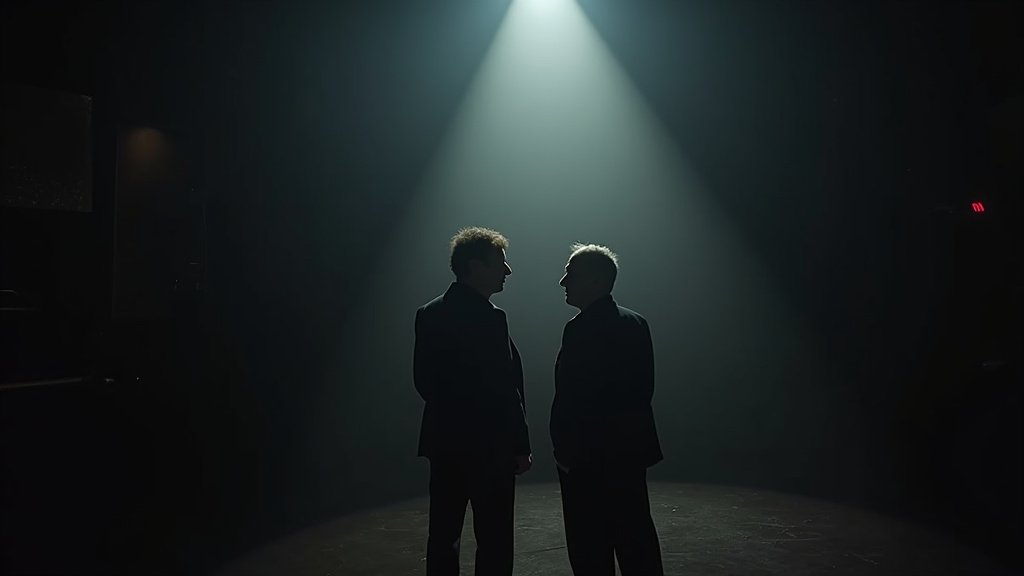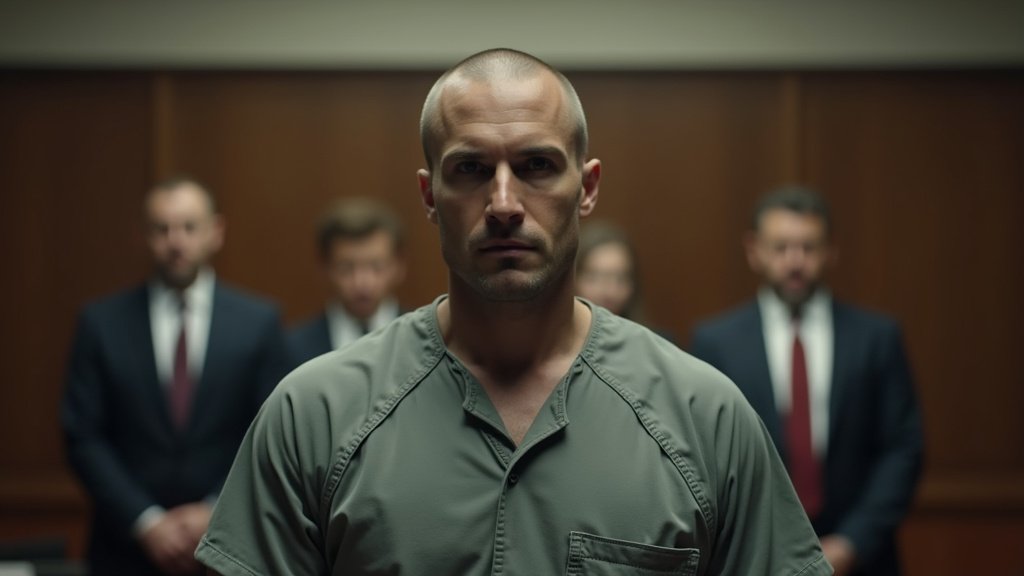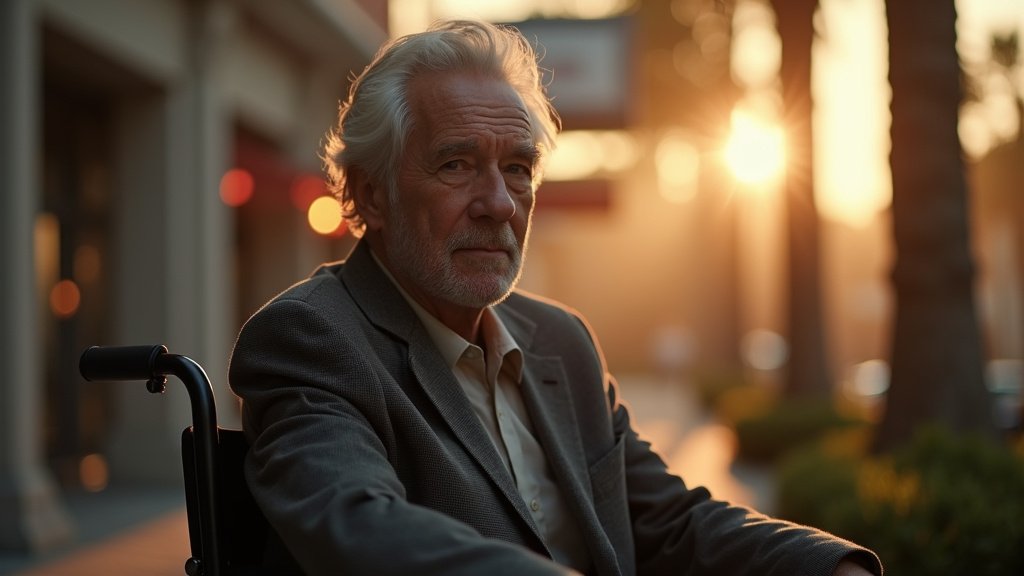The indelible mark of Robert Redford, a towering figure in Hollywood, environmental advocacy, and independent cinema, has been honored following his passing on September 16 at the age of 89. Redford died peacefully at his home in the mountains of Utah, a place he deeply cherished, surrounded by loved ones.
A Quintessential Hollywood Leading Man
Born Charles Robert Redford Jr. on August 18, 1936, in Santa Monica, California, Redford rose to prominence in the late 1960s, captivating audiences with his charismatic presence and striking good looks. His breakthrough role as the Sundance Kid opposite Paul Newman in the 1969 Western “Butch Cassidy and the Sundance Kid” solidified his status as a major star and became one of the year’s top-grossing films. He went on to deliver memorable performances in a string of critically and commercially successful films, including “The Way We Were” (1973), “The Sting” (1973), “All the President’s Men” (1976), and “Out of Africa” (1985). Redford earned his sole Oscar nomination for Best Actor for his role in “The Sting”. His ability to embody flawed yet compelling characters, often balancing charm with an underlying intensity, defined his acting career.
Visionary Filmmaker and Champion of Independent Cinema
Beyond his acting prowess, Redford carved out a significant legacy as a director and a fierce advocate for independent filmmaking. His directorial debut, “Ordinary People” (1980), garnered critical acclaim and secured four Academy Awards, including Best Picture and Best Director for Redford himself. He continued to direct acclaimed films such as “A River Runs Through It” (1992) and “Quiz Show” (1994).
In 1981, Redford founded the Sundance Institute in Utah, a nonprofit organization dedicated to discovering, supporting, and inspiring independent film and media artists. Originally named the Sundance Resort and Film Institute, it evolved into a vital incubator for new voices and risky storytelling outside the traditional Hollywood studio system. In 1985, the Institute absorbed the U.S. Film and Video Festival, which became the renowned Sundance Film Festival. The festival quickly became a crucial launchpad for emerging talent, fostering groundbreaking films like “Sex, Lies and Videotape” (1989) and “Reservoir Dogs” (1992), thereby transforming the landscape of American independent cinema and challenging the dominance of mainstream Hollywood. Redford’s commitment to independent film was so profound that he was recognized with an honorary Oscar in 2002 for his impact on the industry.
A Dedicated Environmentalist and Activist
Redford’s influence extended far beyond the silver screen and the festival circuit. He was a lifelong and passionate environmental activist, dedicating decades to championing conservation, public lands, climate action, and environmental justice. For over fifty years, he served as a trustee for the Natural Resources Defense Council (NRDC), using his platform to advocate for critical environmental legislation and conservation efforts. His activism began early in his career, notably opposing the construction of a coal-fired power plant in Utah in the 1970s, a battle that helped preserve lands now part of the Grand Staircase-Escalante National Monument. He also supported indigenous rights and played a role in advocating for causes like the Clean Air Act and the Clean Water Act. Redford’s deep connection to nature, perhaps fostered by early experiences and his life in Utah, fueled his unwavering commitment to protecting the planet.
A Legacy That Endures
Robert Redford’s passing has prompted an outpouring of tributes from across Hollywood and beyond. Colleagues and friends, including Barbra Streisand, Meryl Streep, Ron Howard, and Stephen King, have shared heartfelt memories, honoring his immense talent, artistic integrity, and profound impact. Many have highlighted his dual legacy as both a captivating movie star and a transformative force behind independent filmmaking and environmentalism. As the news circulates, it is clear that Redford’s work—both on screen and through his visionary institutions—will continue to inspire generations to come. The current news cycle is filled with reflections on his career, underscoring the significant hype and anticipation that often surrounded his projects. His life’s work stands as a testament to the power of art, activism, and a steadfast commitment to a better world.




